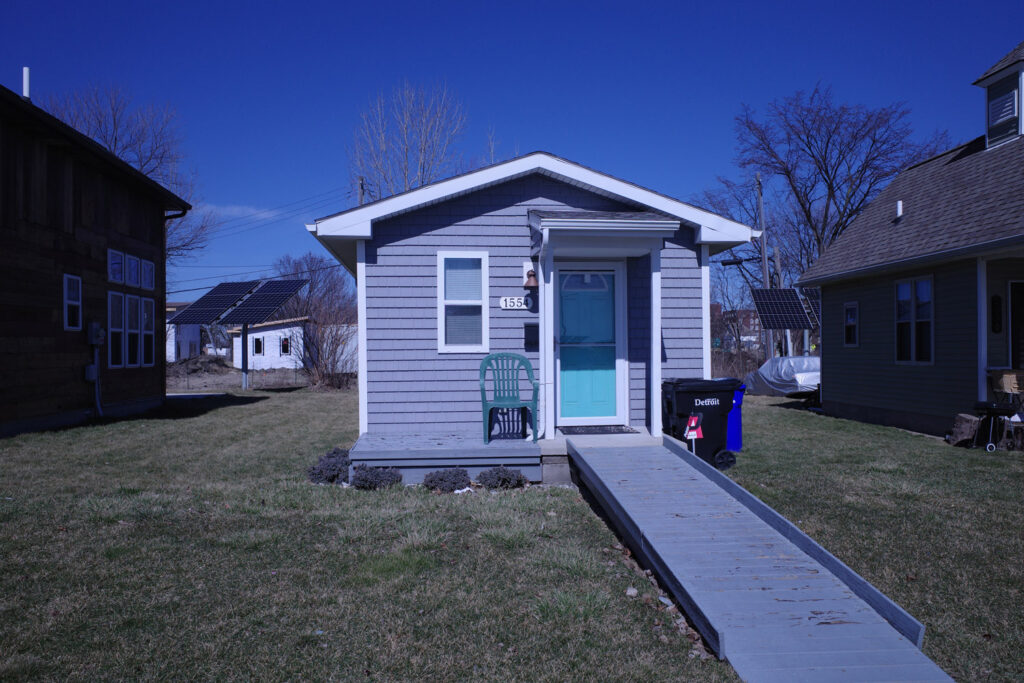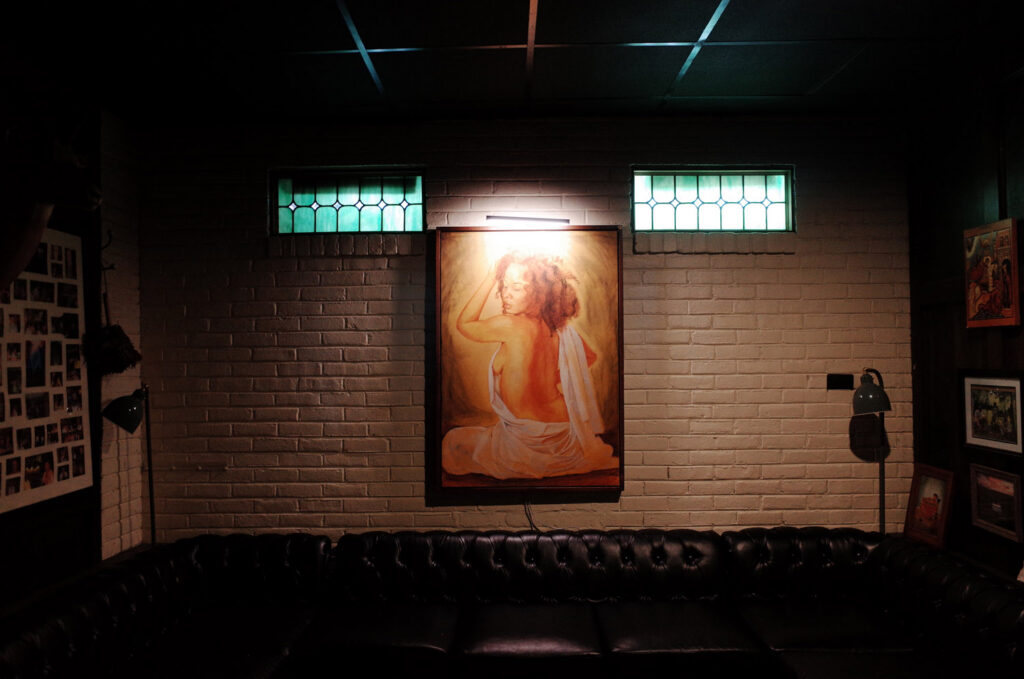Detroit — When first announced in 2016, the Tiny Homes Detroit program was greeted by glowing local and national press coverage. A Hollywood script writer in the 1990s couldn’t have penned a better “White Savior” story.
A popular pastor of a historic 140-year-old Detroit Methodist church developed and
raised the funding to construct a small community of “tiny homes,” running on sustainable energy, and rented below market value to Detroiters struggling with homelessness.
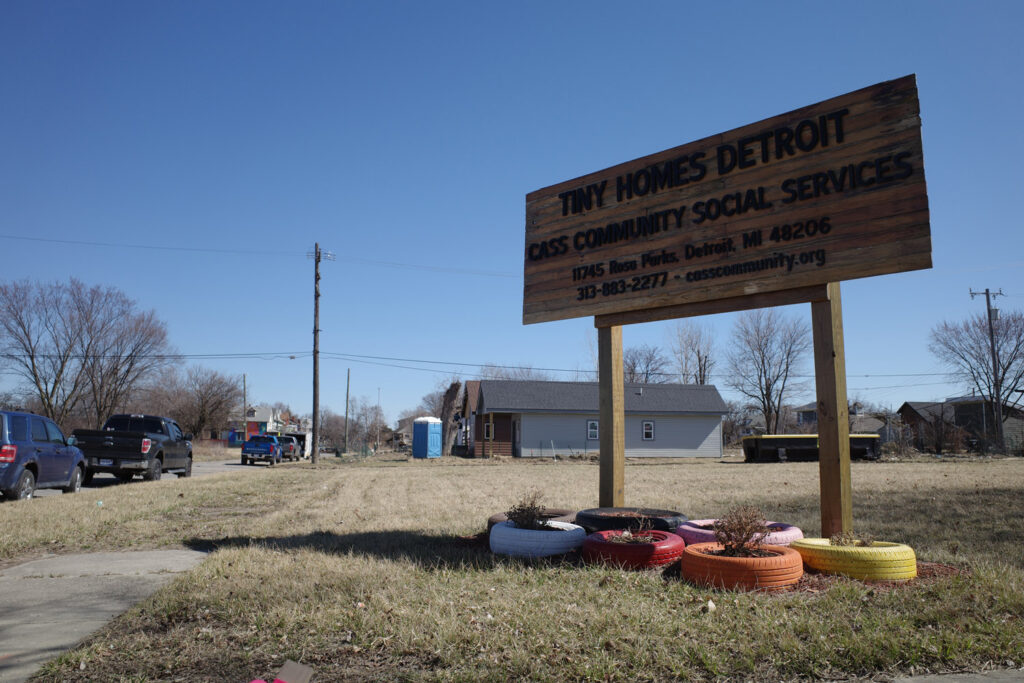
Rev. Faith Fowler, senior pastor of Cass Community United Methodist Church—a Detroit congregation founded in 1883 and designated as a National and State Historic site—has a long record of community activism as the executive of the Cass Community Social Services nonprofit.
With nonprofit funds and donations from celebrities as well as Michigan-based corporations like Ford and General Motors, and with assistance by neighboring faith-based organizations, Fowler completed construction on 25 tiny homes with immediate occupancy.
The homes themselves were quite unique, eye-catching, and carried an unusual-but-appealing motif seemingly pulled directly from a Tim Burton film. No two homes are alike; each one has a completely different aesthetic and design, with siding and painted colors reminiscent of well-crafted doll houses.
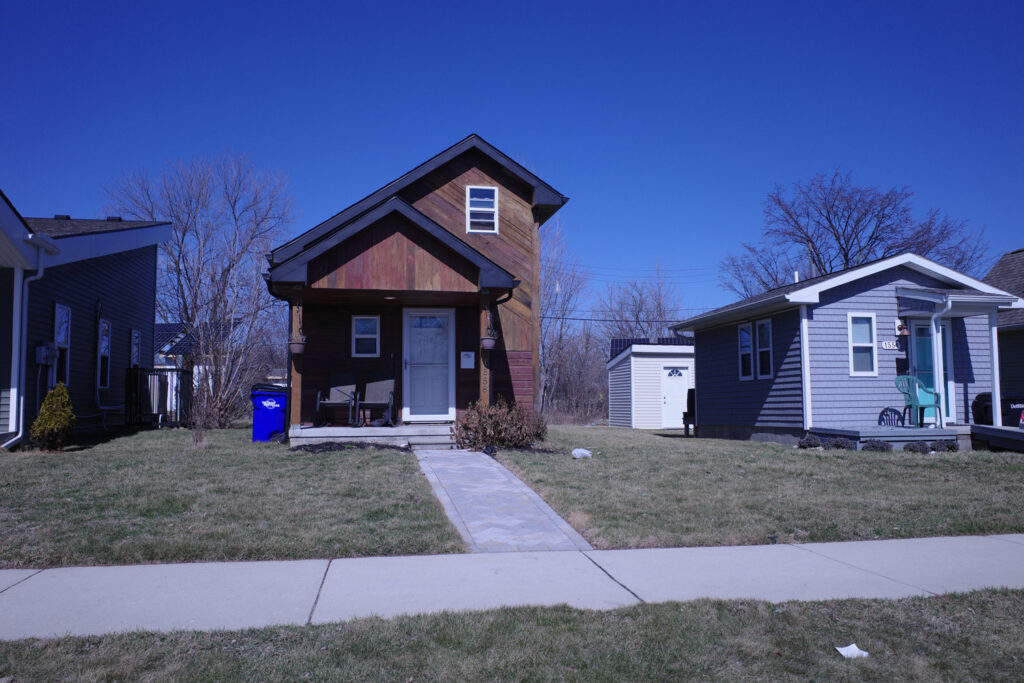
The program was a rousing success and—with a growing housing crisis in Michigan—was embraced as a model for inexpensive and sustainable housing. Each home is connected to the electrical grid but also powered with individual solar panels sprouting up in rows behind each residence like trees.
But trouble came to Tiny Homes Detroit in the form of Covid-19 and the national “great awokening.”
With progressive activism inflamed during the pandemic and the fury of their protests directed towards the urban enclaves of America, Fowler soon found herself embroiled in controversy when she attempted to evict a tenant named Taura Brown for breaking her rental agreement by keeping dual residency.
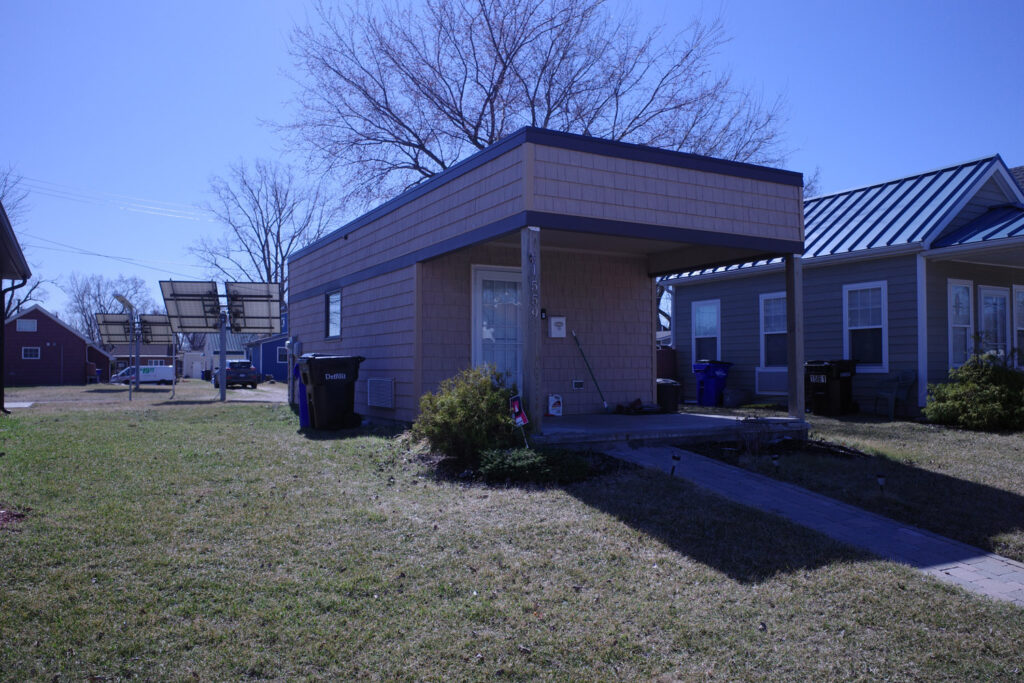
What followed was a two-year court battle, ending with a violent confrontation when bailiffs clashed with BLM activists barricading themselves in front of the residence.
They eventually forcibly removed Brown from the home in 2023. The fact that Fowler is white and Brown is black supercharged the tension, with Brown and her supporters accusing the reverend of racism. However, those accusations—furthered by media reporting—quickly fell flat as Brown’s claim’s unraveled.
In the proceeding years since that struggle, Tiny Homes Detroit has been much
quieter but continues to grow.
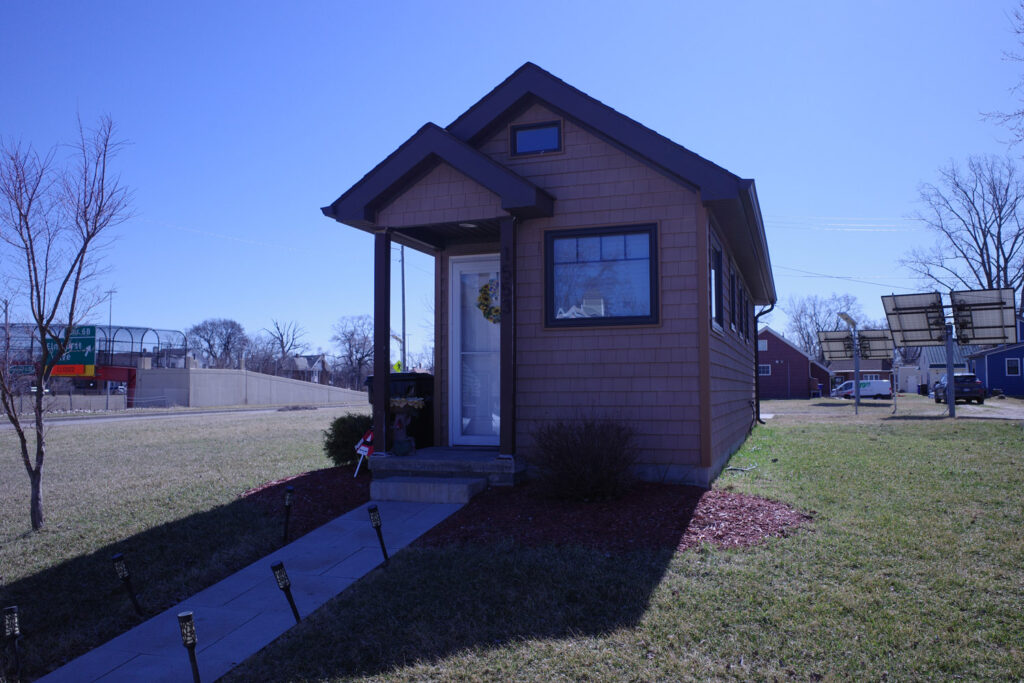
In 2024, two of the first renters completed the seven-year program agreement and now own their tiny homes, but no other expansion seemed imminent, and the one-block community remained the same.
I forayed into the community recently, and although a little worse for wear, the community was alive and well.
In contrast to the abandoned and burned-out dwellings due west on Monterey, the tiny homes are all visibly occupied, maintained, and cared for. It’s striking: The area has the optics of a hipster village planted in the middle of an urban jungle.
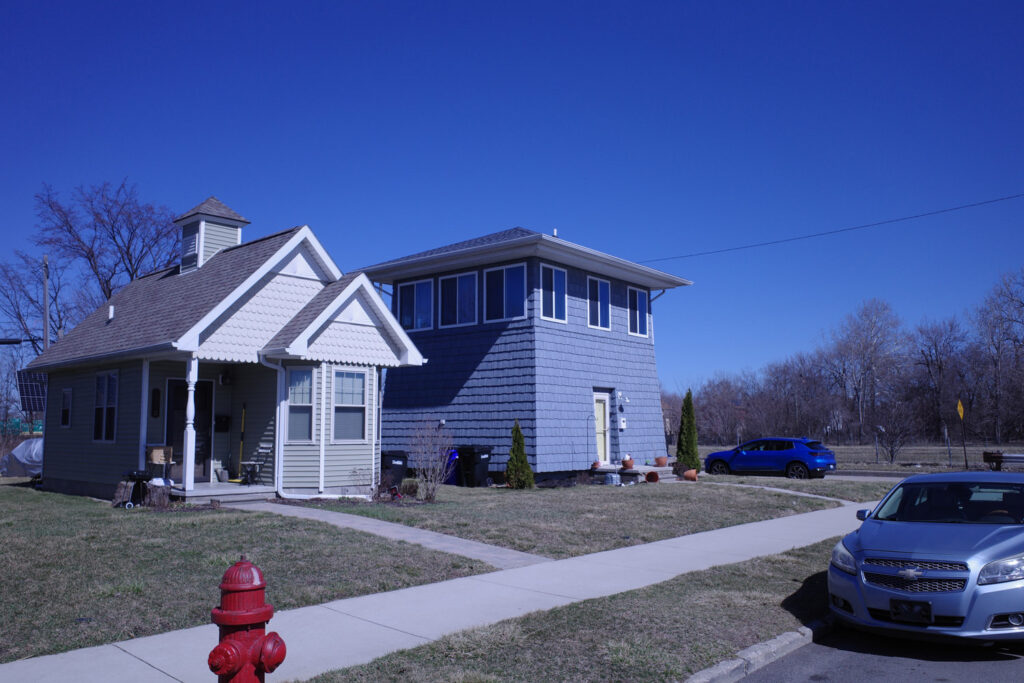
Perhaps the most telltale sign of success is the noticeable expansion.
Eight new plots have been laid down, and four new tiny homes were under construction when I visited.
Templeton Building Company (TBC Michigan), based in Birmingham, is building the next round of homes—projected to be completed by summer.
A “Phase II” expansion is in the works and will eventually extend the community.
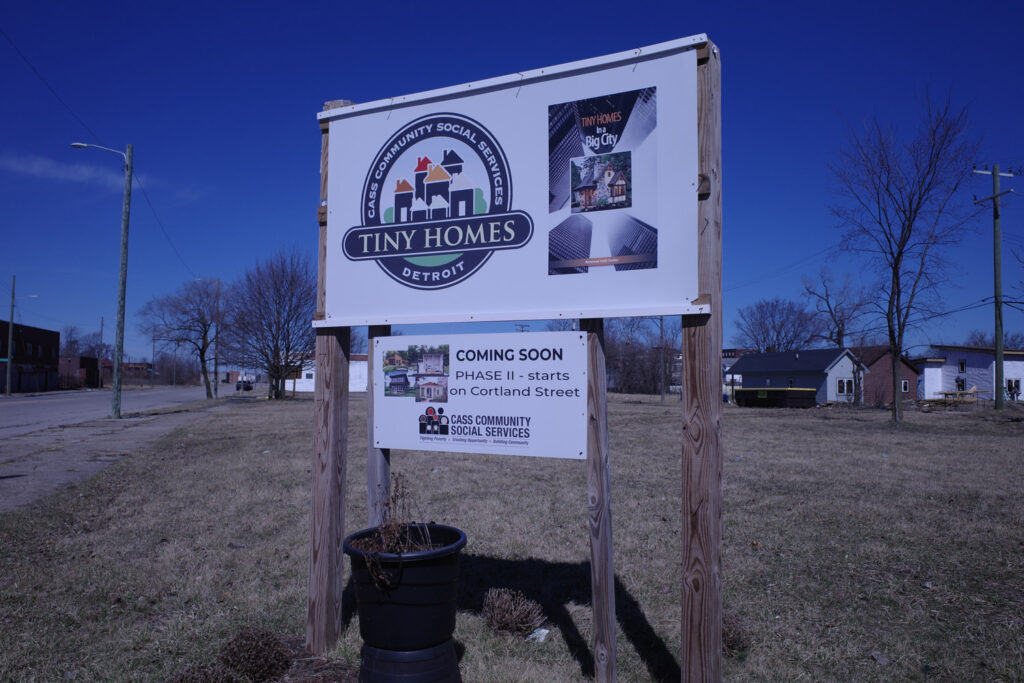
“The eight houses we have started on Cortland begin Phase II,” Fowler told Enjoyer. “We own enough land to build 15 houses on both sides of the street, which would put our total at 40. We could also add five more on the first blocks—bringing the total to 45.”
A construction crew was hard at work, with one home almost completed.
Mike, the foreman, was completing the finishing touches on the interior of the residence and detailed for me the speed with which he could finish off the current phase.
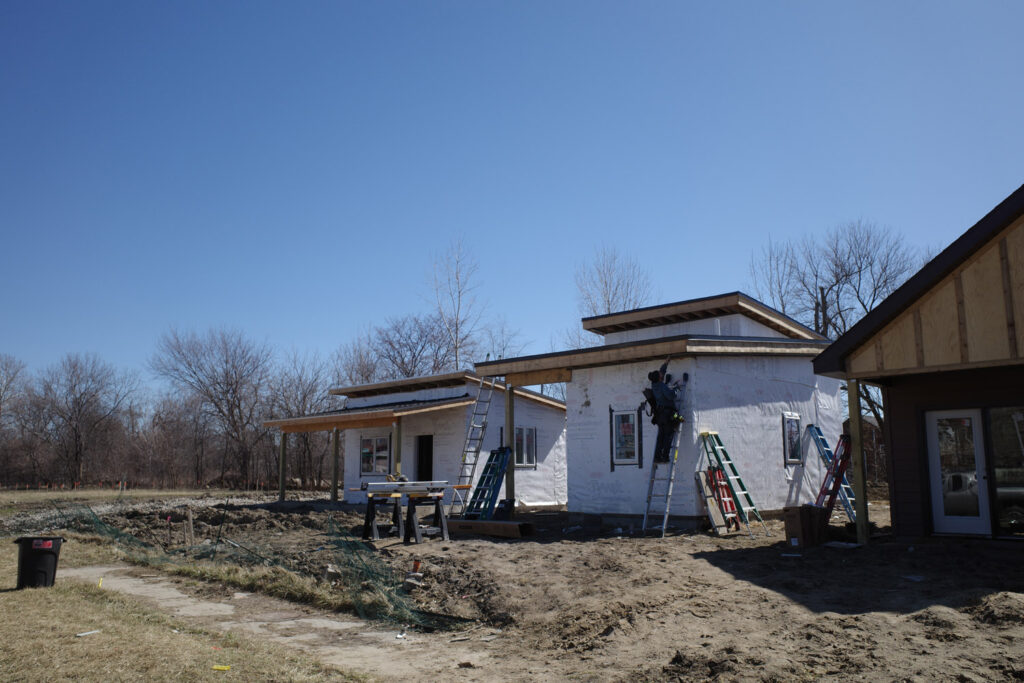
“I’ll have these done in a couple weeks, and eight will be completed by before June,” he said as he pointed down the street at a clearing with noticeable markers. “I’ve already got those staked.”
Mike took a break from his task and walked me through the details of this remarkable community. After the delay, the community is growing with additional funding from private donations.
Occupancy is a rent-then-own model. Rent is typically $240 to $400 a month, based on a $1 dollar-per-square-foot metric, and allows for occupants become homeowners if they occupy the home for seven years and comply with the program’s requirements.
Like any homeowners association, there are rules and regulations related to maintenance, upkeep, and how an occupant can manage the appearance of the home, he said, but residents are allowed to decorate and make additions to the homes. For example, one has added handicap access.
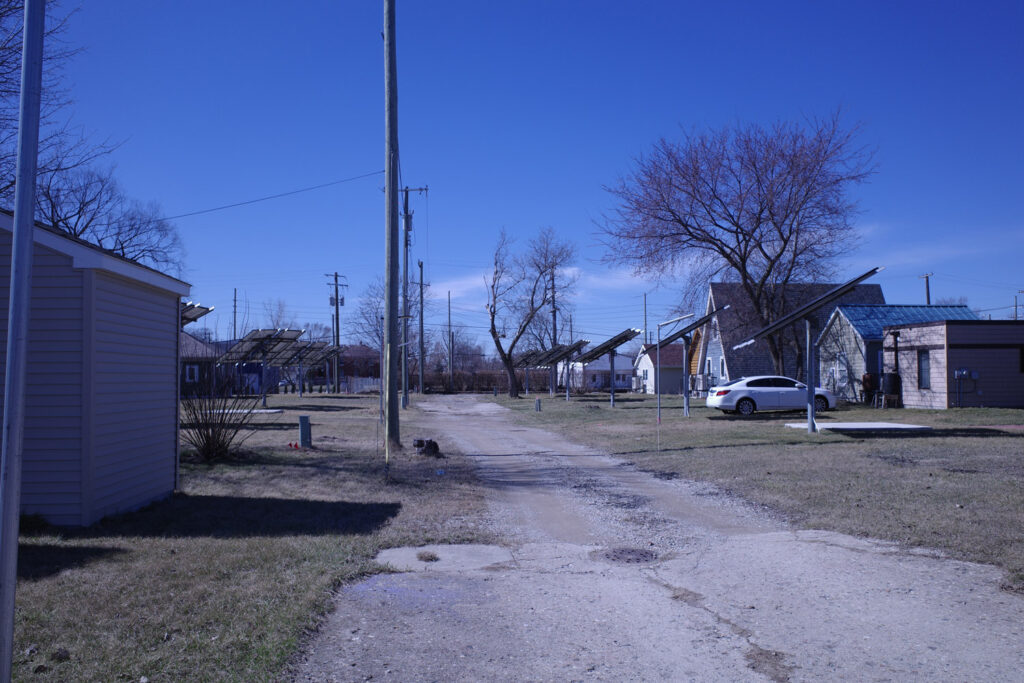
Before returning to work, Mike speculated on Phase II.
“Cass Community Social Services owns everything from here to those buildings up there,” Mike said, pointing across two large city blocks. “Eventually, the tiny homes program could one day include all of that land.”
That expansion, when completed, would effectively make Tiny Homes Detroit a sizable subdivision onto itself, and dramatically improve the Bostanian area of Detroit.
The housing crisis—and by extension, the homelessness crisis in America— is a terrible tragedy, undergirded by government incompetence and the very villainous Homeless Industrial Complex.
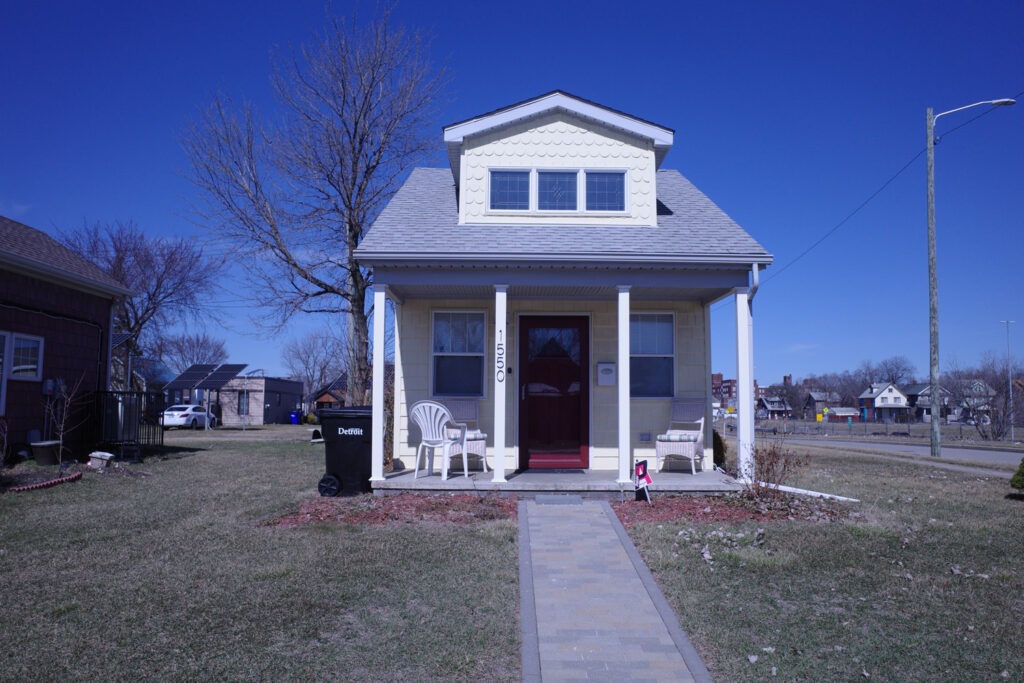
It exists inside the nebulous relationship between nongovernmental organizations, donors, and state or municipal governments. A lot of money pours in, a few people get exceptionally wealthy, and the crisis grows worse each year.
But Tiny Homes Detroit appears to be a remarkable outlier in that regard. Nonprofit disclosures for Cass Community Social Services indicate a modest budget—under $10 million a year.
A cursory review of their services indicate this is a shoestring budget with which they are sustaining a homeless shelter; a crisis prevention shelter for women and children; the Tiny Homes Detroit; education and job training for learning-disabled adults; a free medical clinic; a food kitchen feeding homeless people; and a green industry jobs program.
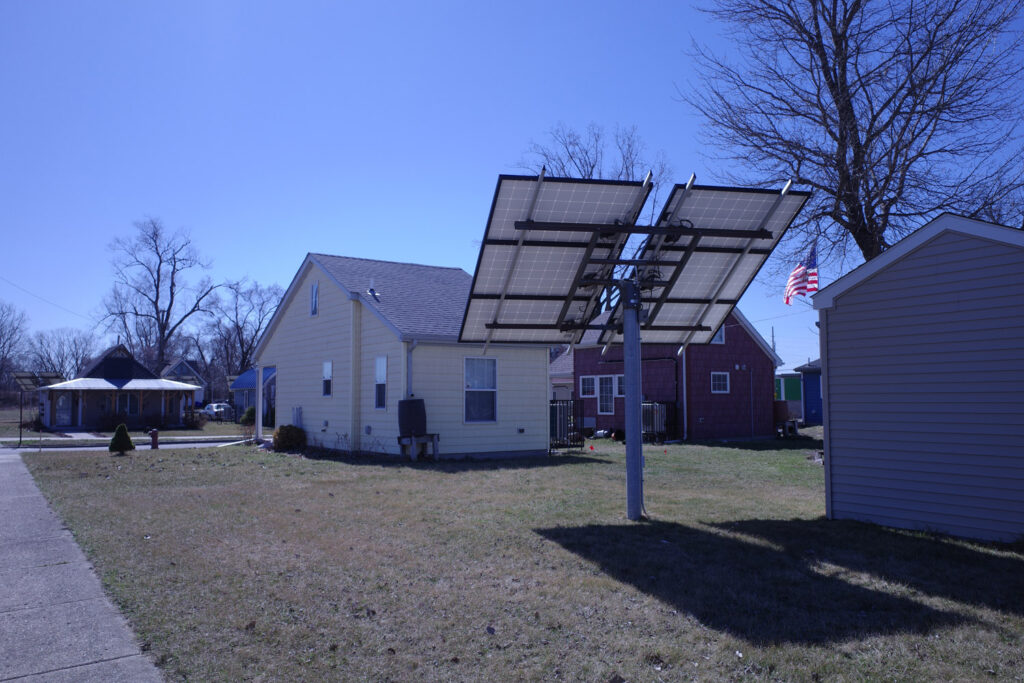
In an era when many church leaders have fleets of personal luxury aircraft and multiple mansions and some NGO directors receive eye-popping salaries, somebody would think the executive director of such a large and expansive nonprofit would receive a sizable yearly income.
It appears Fowler is a true believer with honest intentions doing good work for the people in a city sorely needing it by building Detroit Tiny Homes as a way to house the people.
The true sign of success is when others seek to emulate you; and Fowler’s Tiny Homes Detroit is a thriving model.
Jay Murray is a writer for Michigan Enjoyer and has been a Metro Detroit-based professional investigator for 22 years. Follow him on X @Stainless31.
